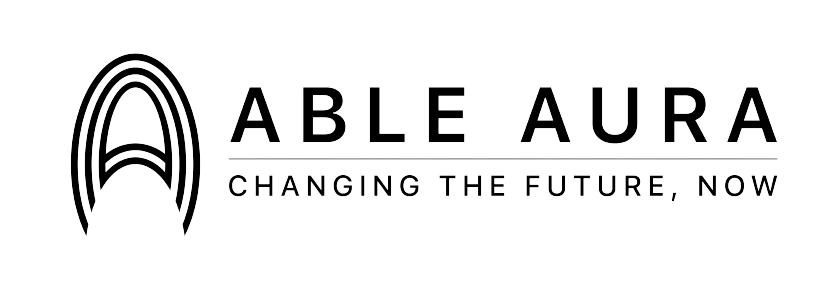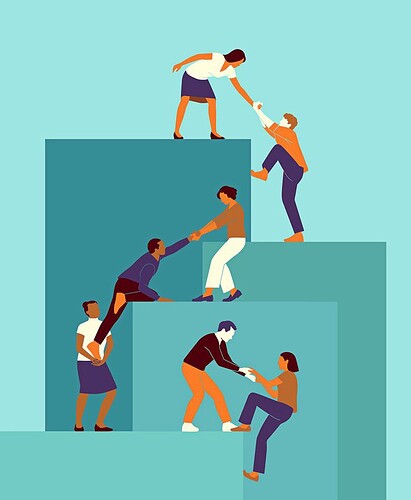The advocacy and support networks for disability sports athletes
Sport is an essential part of many people’s lives, and it can provide numerous benefits such as physical and mental health, social connections, and personal growth. However, for individuals with disabilities, access to sports can be challenging due to various barriers such as lack of accessibility, discrimination, and limited opportunities. In recent years, there has been an increase in advocacy and support networks for disability sports athletes, aiming to create inclusive and accessible environments for all individuals to participate in sports. In this blog, we will explore the importance of advocacy and support networks for disability sports athletes and how they have been making a difference in the lives of individuals with disabilities.
Importance of Advocacy and Support Networks for Disability Sports Athletes:
Advocacy and support networks are critical for disability sports athletes as they face many barriers to participation in sports. These barriers include limited access to facilities, lack of equipment, discrimination, and limited opportunities. Advocacy groups work to raise awareness about the importance of creating inclusive and accessible environments for individuals with disabilities to participate in sports. They also work to influence policy changes and ensure that resources are available for disability sports programs.
Support networks are also crucial for disability sports athletes. They provide a sense of community and belonging, as well as opportunities to connect with other athletes and coaches. These networks can offer mentorship, coaching, and other resources to help athletes achieve their goals. They can also provide financial support for athletes to participate in competitions and access specialized equipment.
Examples of Advocacy and Support Networks for Disability Sports Athletes:
There are many advocacy and support networks for disability sports athletes, ranging from local community groups to national and international organizations. Here are some examples:
- Special Olympics:
Special Olympics is a global organization that provides year-round sports training and athletic competition for individuals with intellectual disabilities. The organization aims to promote inclusion, acceptance, and respect for individuals with intellectual disabilities through sports. - National Wheelchair Basketball Association (NWBA):
The NWBA is an organization that provides opportunities for individuals with physical disabilities to participate in wheelchair basketball. The organization supports a variety of programs, including competitive leagues, clinics, and camps. - Challenged Athletes Foundation (CAF):
CAF is a nonprofit organization that provides support and opportunities for individuals with physical disabilities to participate in sports. The organization provides grants for equipment, coaching, and competition expenses. - International Paralympic Committee (IPC):
The IPC is the global governing body for the Paralympic Games, which are the world’s largest multi-sport event for athletes with disabilities. The organization is responsible for promoting and developing Paralympic sports around the world.
Conclusion:
Advocacy and support networks are essential for disability sports athletes as they face many barriers to participation in sports. These networks can help create inclusive and accessible environments for individuals with disabilities to participate in sports, provide support and resources to help athletes achieve their goals, and promote awareness and understanding of the importance of disability sports. Through these efforts, we can help create a more inclusive and equitable society for individuals with disabilities, where everyone has the opportunity to participate and thrive.

